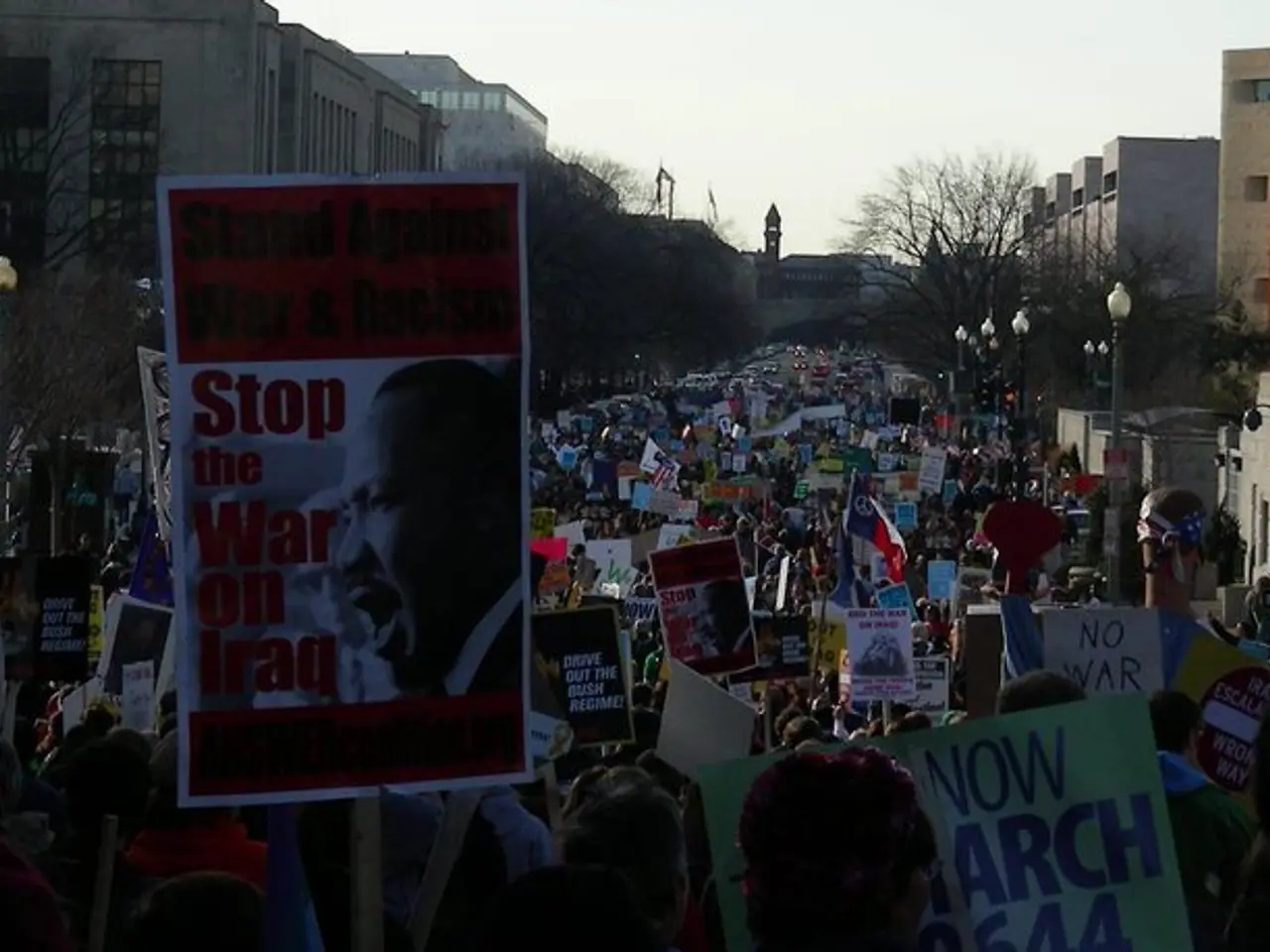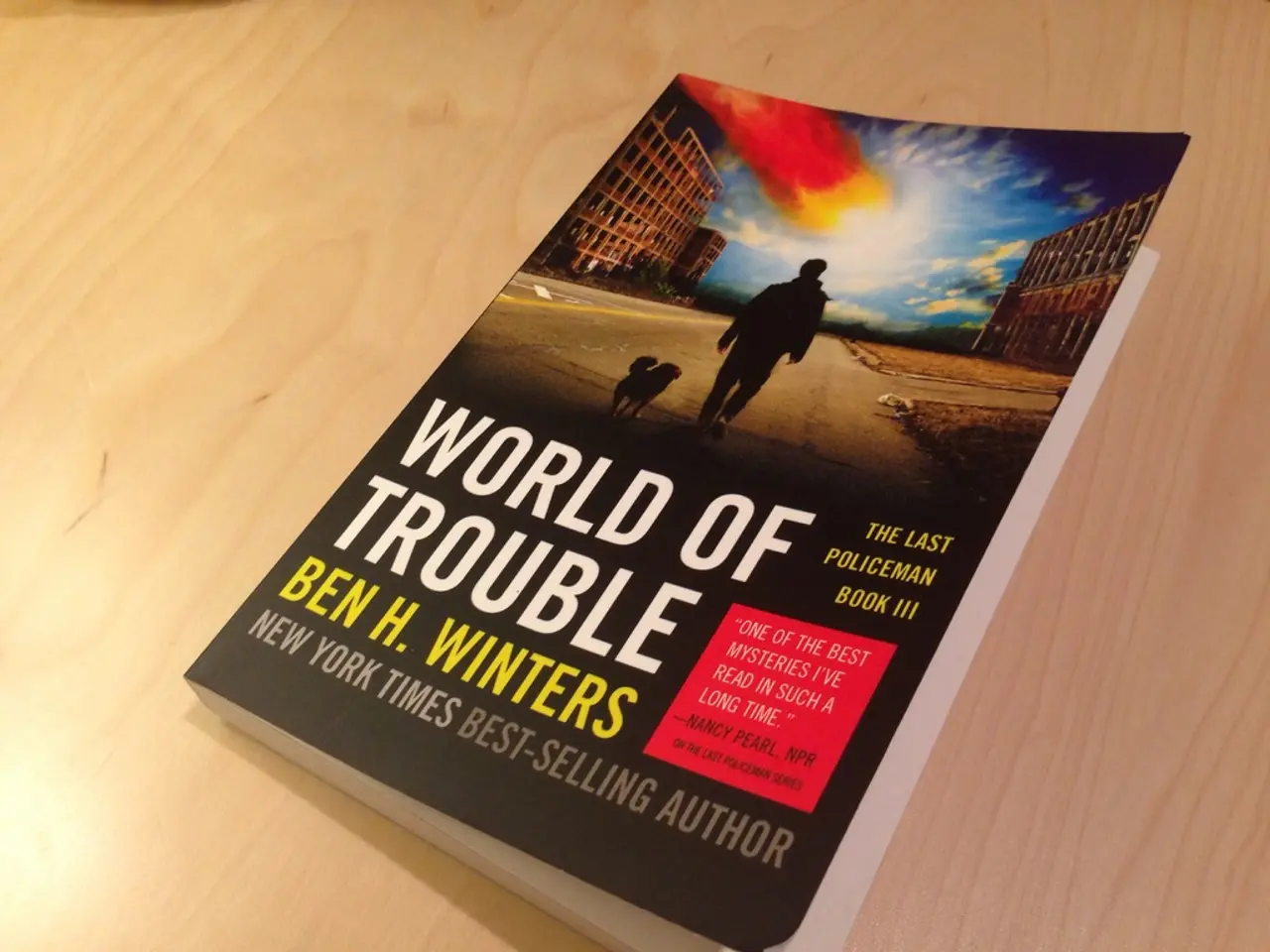Brazilian Government Poses Threats to the United States
Date: July 30, 2025
In a significant move, President Donald J. Trump has issued an Executive Order declaring a national emergency with respect to Brazil under the International Emergency Economic Powers Act (IEEPA). This decision comes in response to actions by the Brazilian government that are deemed an unusual and extraordinary threat to U.S. national security, foreign policy, and economy.
The key factors leading to this declaration include the Brazilian government's politically motivated persecution, intimidation, harassment, censorship, and prosecution of former Brazilian President Jair Bolsonaro and thousands of his supporters. These actions have been characterized as serious human rights abuses undermining the rule of law in Brazil. Moreover, Brazil's policies have been found to violate free expression rights of U.S. persons and coerce U.S. companies to censor speech protected under the First Amendment, under threat of fines, criminal prosecutions, asset freezes, or exclusion from the Brazilian market.
As a result, the U.S. has imposed an additional 40% tariff on products imported from Brazil, raising the total tariffs to 50%. This tariff applies broadly to Brazilian imports, including civil aircraft and related parts, engines, components, and flight simulators.
In parallel, the U.S. Trade Representative (USTR) launched a Section 301 investigation into Brazil on July 15, 2025, to assess whether Brazilian acts or policies unfairly burden U.S. commerce. The investigation focuses on areas like digital trade, tariff discrimination, anti-corruption enforcement interference, intellectual property rights protection, U.S. ethanol market access, and environmental issues such as illegal deforestation.
The Executive Order and tariffs were justified by the U.S. government as necessary to safeguard American interests, including defending national security, protecting free speech, and holding human rights abusers accountable. Critics have argued this declaration is a political power grab lacking a solid national security basis, likely to be challenged in courts and affecting trade, including popular Brazilian products like coffee and chocolate.
Key Points:
- Date and authority: July 30, 2025; Executive Order under IEEPA
- Reason: Brazilian government's human rights abuses, persecution of Bolsonaro supporters, suppression of free speech, and harmful policies to U.S. interests
- Actions taken: Declared national emergency, imposed additional 40% tariffs on Brazilian imports (total 50% tariffs)
- USTR investigation: Initiated July 15, 2025, on various trade and policy issues
- Specific tariffs: Include civil aircraft, engines, parts, components, and related equipment from Brazil
This represents a significant trade and diplomatic escalation by the U.S. against Brazil in 2025 based on human rights and trade policy grounds. The tariffs specifically imposed by the Executive Order apply broadly to Brazilian imports, raising the total duty rate by an additional 40%, thus totalling 50%. The new headings inserted into subchapter III of chapter 99 of the Harmonized Tariff Schedule of the United States (HTSUS) are provided for informational purposes only and do not limit the scope of the action. The costs for publication of this order are to be borne by the Department of State.
- The rising costs of food imports from Brazil could pose a concern for American consumers, given the new 50% tariffs imposed on Brazilian products, including civil aircraft and related parts.
- Amidst the ongoing political tension between the United States and Brazil, the news media has been following updates on the U.S. Trade Representative's Section 301 investigation into Brazil's actions or policies that may be comprising U.S. automotive interests.
- In the realm of sports, some players and fans have noticed a decline in the availability and quality of Brazilian soccer team uniforms due to the increased tariffs on imported goods from Brazil. This issue may spark a debate on the potential impact of such trade policies on popular sports.







